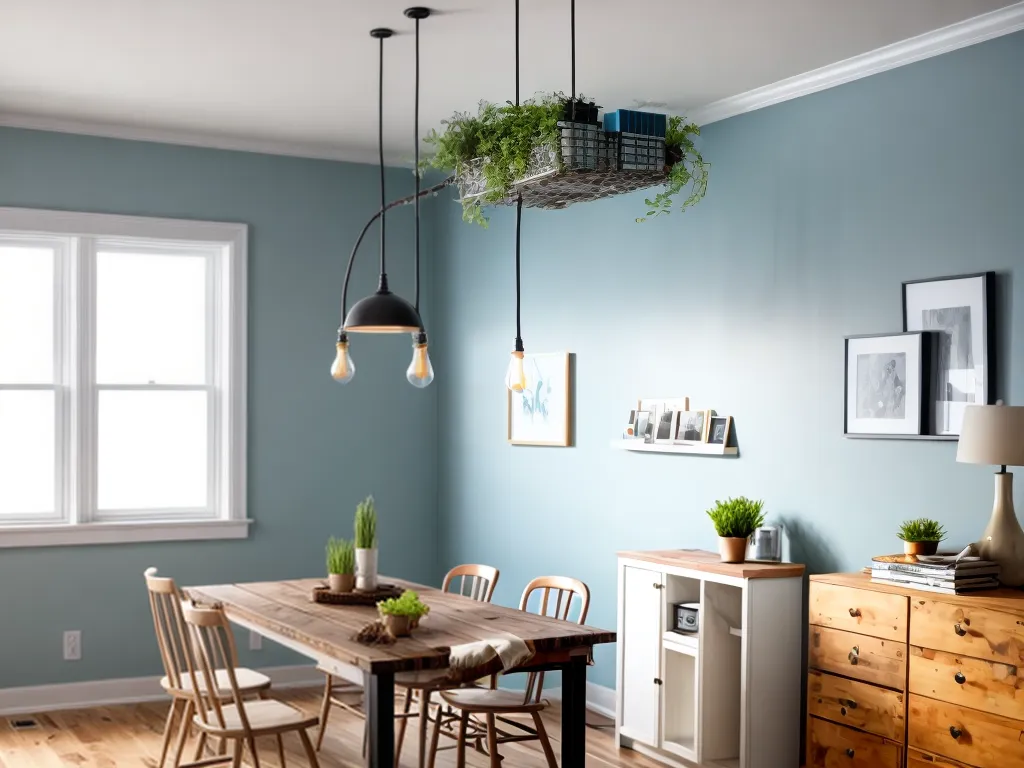
How to Use Home Electrical Wiring Colors for DIY Projects
Electrical wiring is the infrastructure that powers all the devices and appliances in your home. While it's best to hire a licensed electrician for major electrical work, there are many DIY electrical projects that involve understanding home wiring colors. Knowing the purpose of each wire color will help you work safely and effectively on minor electrical projects.
Understanding Home Electrical Wiring Color Coding
The National Electrical Code (NEC) dictates standard wire colors used for home electrical wiring in the United States and Canada. Here are the common wire colors and their purposes:
Hot Wires
-
Black - The hot wire carries electricity from the electrical panel to devices and appliances. Touching a black wire when it's live can give you a dangerous electrical shock.
-
Red - Also a hot wire in some circumstances. Red is typically used for the second hot wire in a 240-volt circuit.
Neutral Wires
- White - The neutral wire carries electricity back to the service panel. It is grounded, so touching a white wire alone will not shock you.
Grounding Wires
-
Green or Bare - The ground wire connects devices to the earth through the electrical system ground. It protects you from electrocution if a hot wire touches the device chassis.
-
Green with Yellow Stripe - Also used to ground devices and fixtures.
Using Wire Colors When Replacing Switches and Receptacles
When replacing a light switch or electrical receptacle, you'll touch hot wires, so be sure to turn off the circuit breaker first. Here's how to use wire colors to properly connect the new device:
-
The black wire brings hot electricity to the device. Connect it to the brass hot terminal.
-
The white wire returns electricity to the panel. Connect it to the silver neutral terminal.
-
The green or bare copper ground wire connects to the green ground terminal.
Ensure hot and neutral wires connect to the corresponding hot and neutral terminals on the new device. Make sure all ground wires are securely fastened to ensure grounding protection.
Wire Colors for Light Fixtures
Light fixtures also have black, white, and ground wires that connect to hot, neutral, and ground. Here are some other wire colors you may encounter:
-
The black wire connects to the black fixture wire that carries hot electricity from the power source.
-
The white neutral wire connects to the white fixture wire.
-
A purple wire is hot for a light fixture controlled by two switches. Use caution when handling.
-
The ground wire is green or bare. Connect it to the green or metal grounding terminal on the light fixture.
Ensure like-colored wires are twisted together securely with wire nuts. Wrap the connection with electrical tape for added protection.
Using Wire Colors When Extending Circuits
If you need to add a new receptacle by extending an existing circuit, here's how to use wire colors:
-
Connect the black and white wires from the new receptacle to the existing black and white wires from the power source. Pigtail the wires together with wire nuts.
-
Connect the new receptacle's ground wire to the existing ground wire, or run it back to the metal electrical box to ground it.
-
Consider using black, red, and blue for hot wires when extending multi-wire branch circuits. It helps identify the phase of each hot wire.
Always take precautions against shocks when handling wires. Test that the new receptacle is wired correctly before turning the power back on.
Wire Color Etiquette for Neat and Safe Wiring
Follow these tips for tidy and safe electrical wiring:
-
Label wires to keep track of wire connections and circuits. Use colored tape to ID wires.
-
Group neutral wires together in the electrical box so the white wires can be identified at a glance.
-
Keep hot and neutral wires separated. Prevent them from touching to avoid shorts.
-
Arrange wires neatly and secure them with wire ties. Exposed wires risk shocks or short circuits.
-
Double check connections to be sure hot and neutral wires connect to the right terminals.
Paying attention to wire colors and labeling helps prevent wiring mix-ups that can lead to dangerous malfunctions and electrical hazards.
When to Call an Electrician
While minor projects are fine for DIY, always call a professional electrician for:
-
Upgrading electrical panels or installing new circuits
-
Whole home rewiring projects
-
Installing electrical boxes, conduit, and wiring
-
Troubleshooting complex wiring problems
Hire electricians if you're ever unsure about working with wiring. They have extensive training and knowledge of home electrical systems. Better to be safe than risk injury, fires, or shocks from DIY electrical mistakes.
By understanding the purposes of electrical wire colors, you can take on many do-it-yourself electrical projects confidently. But when in doubt, leave complex and hazardous electrical work to the experts. Paying attention to wires lets you harness the power of electricity safely.